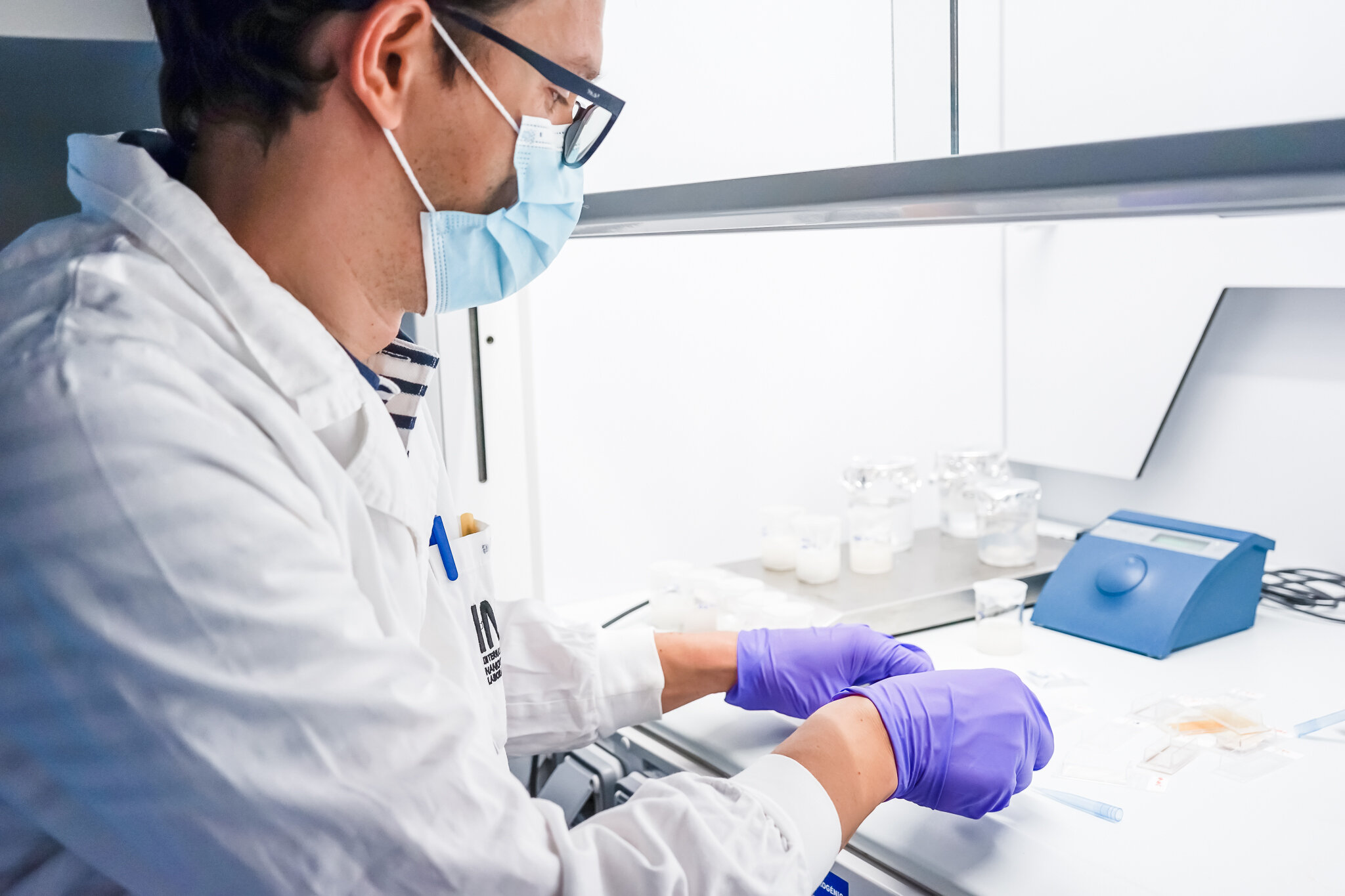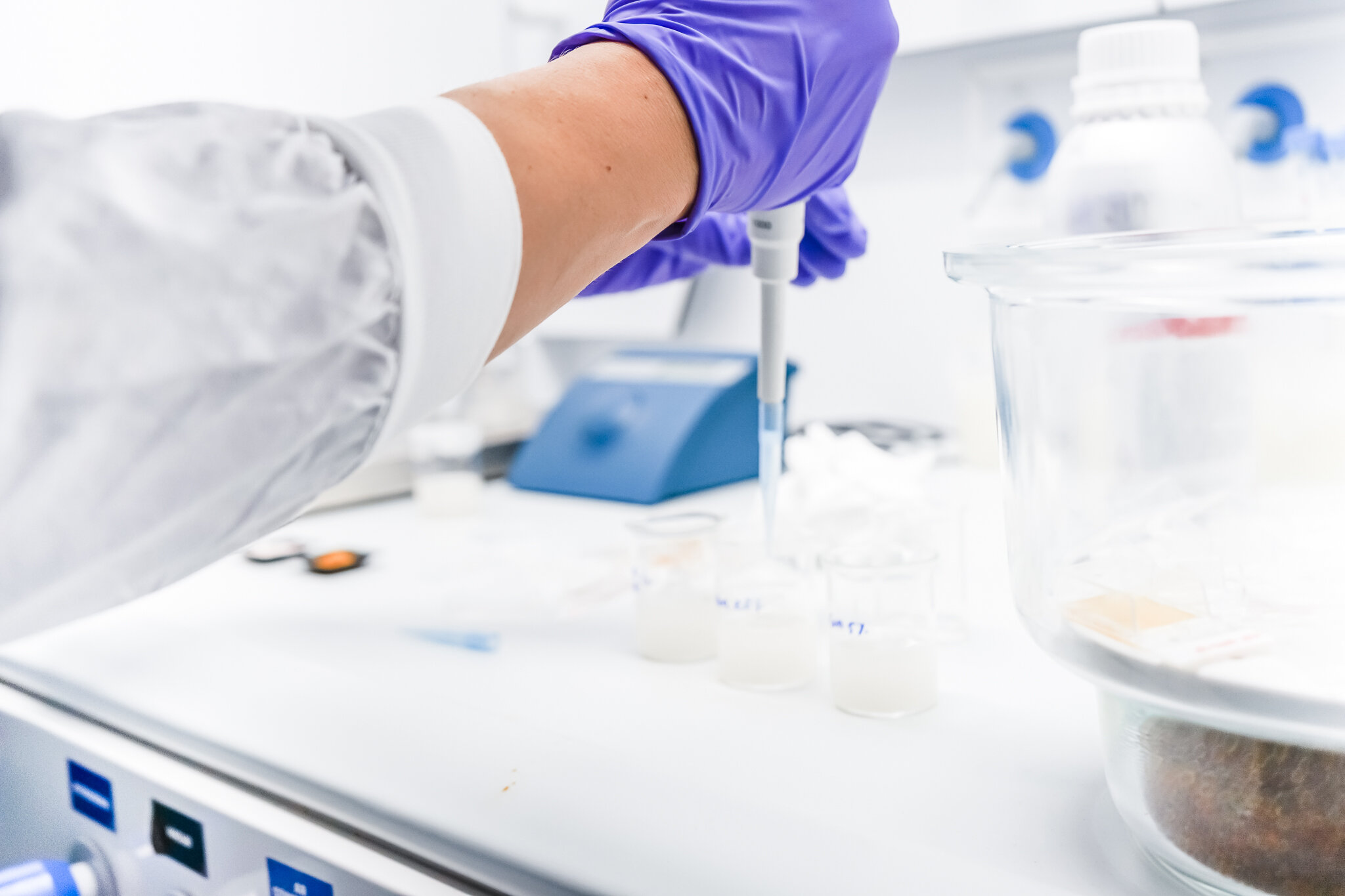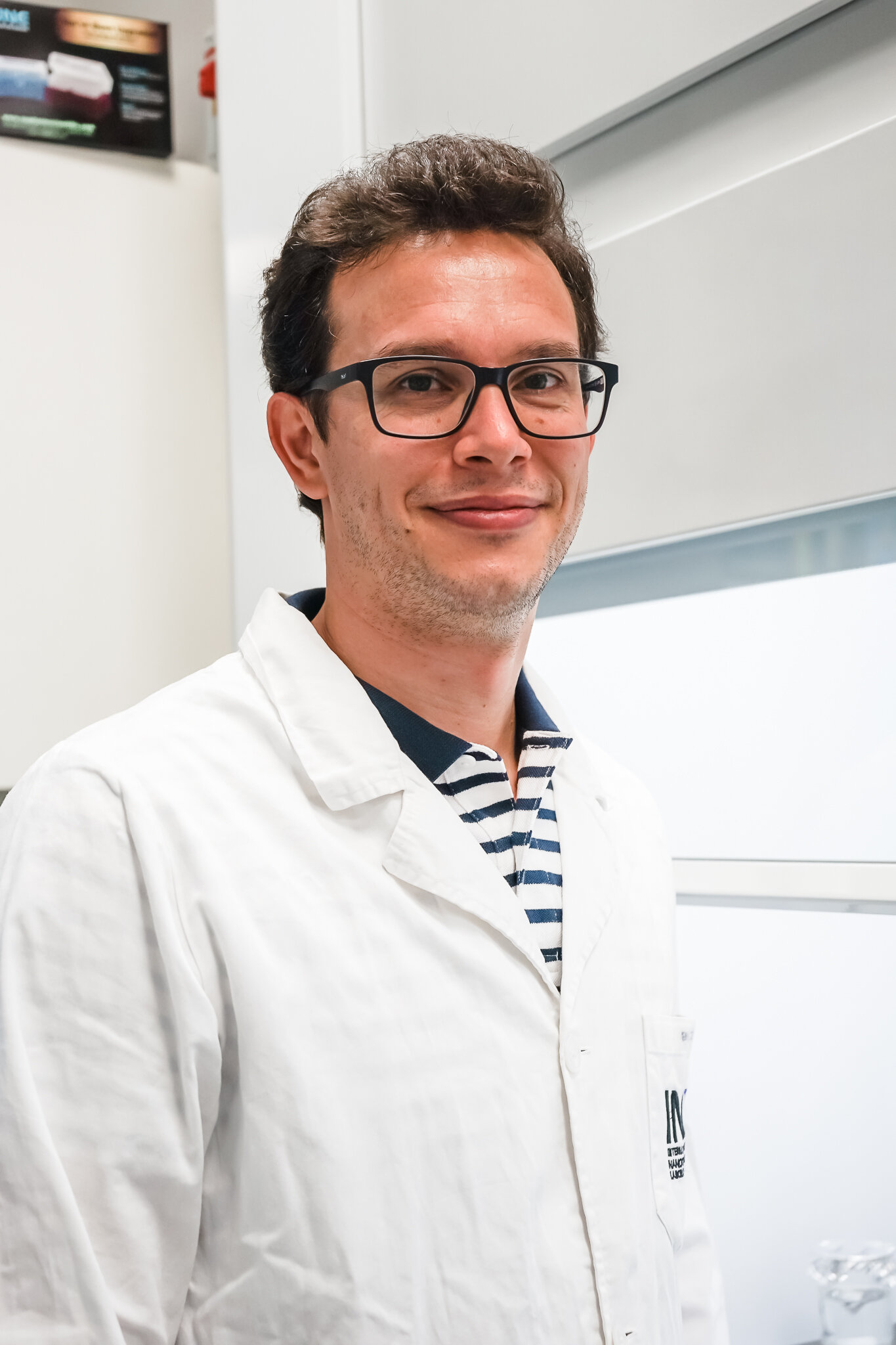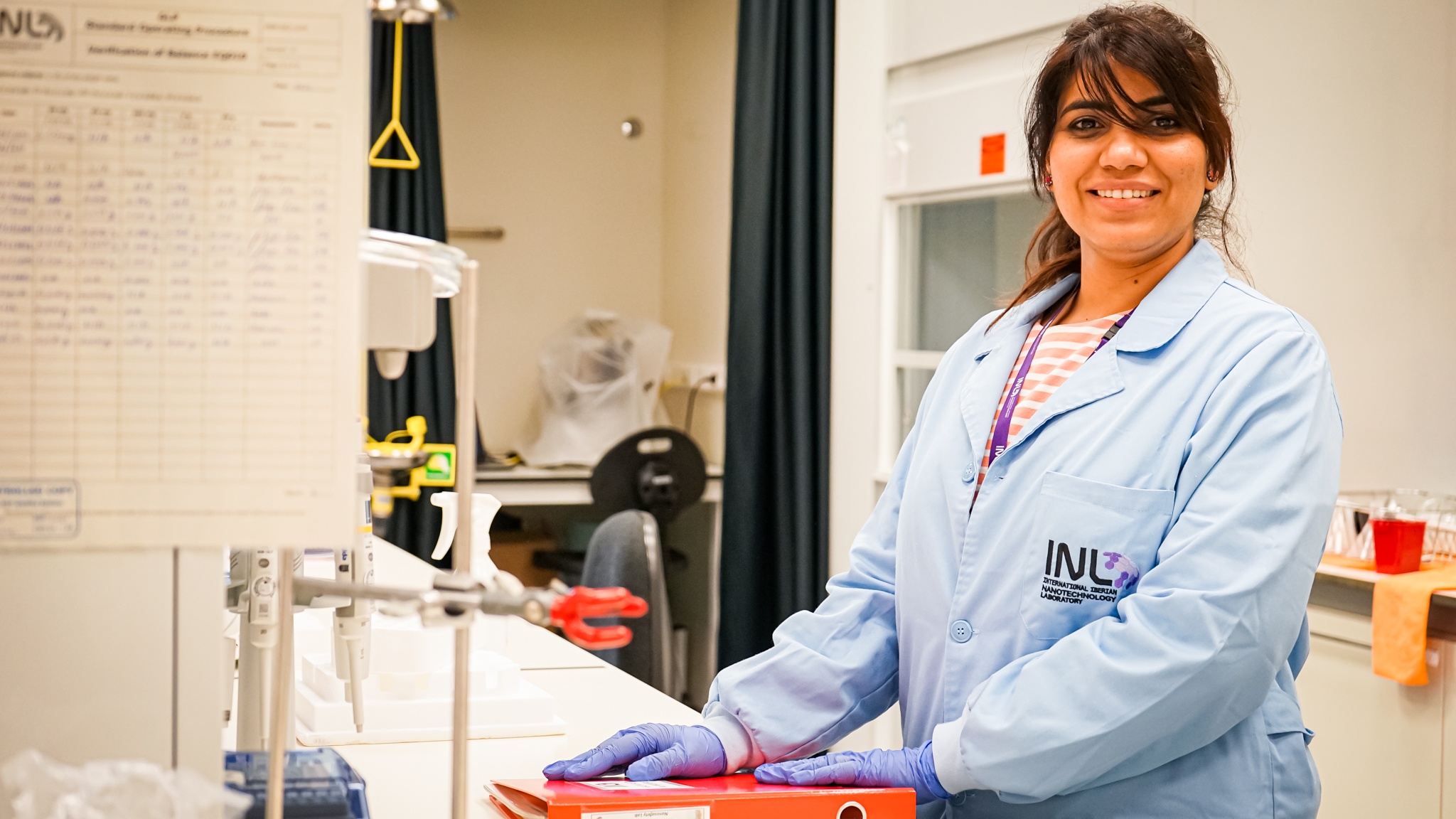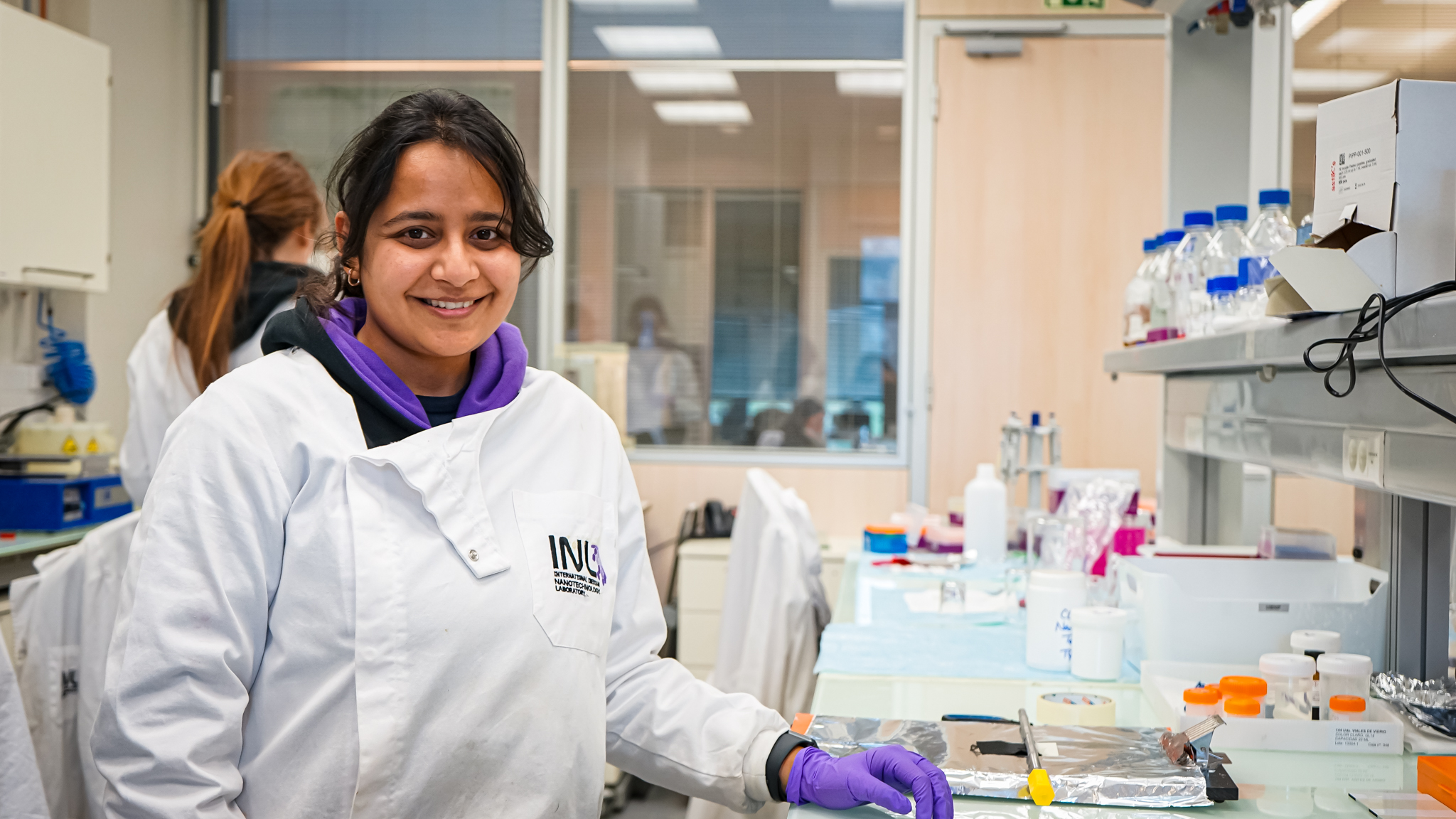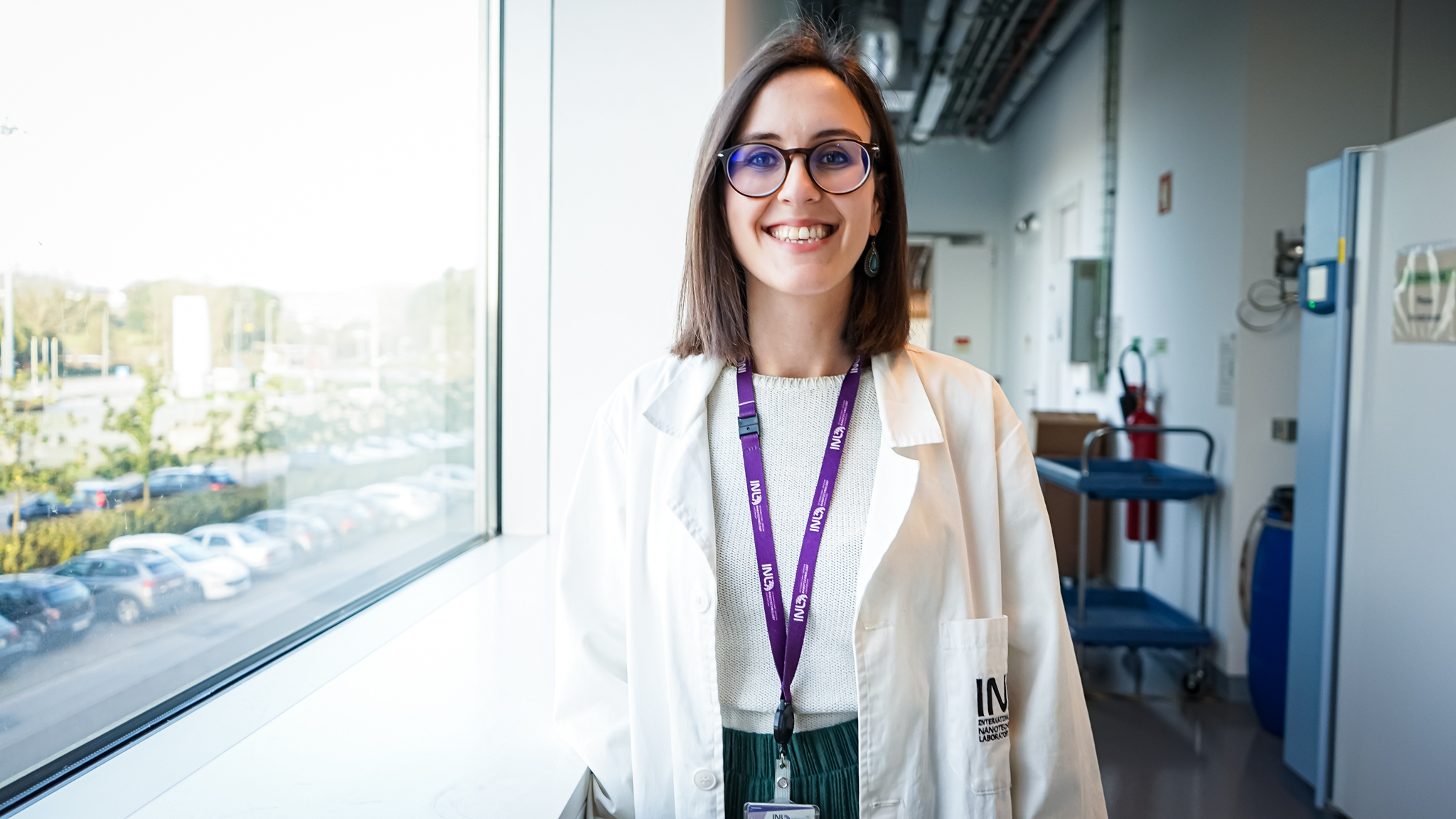
The development of sustainable food, an interview with Miguel Cerqueira
December 31, 2020
Miguel Cerqueira is a Staff Researcher in the Food Processing Group, and his research is focused on the development of nanosized bio-based structures for food applications. He works on edible and biodegradable films and coatings for packaging, encapsulation of functional compounds using emergent encapsulation technologies, and the development of structured gels.
Miguel holds both a Graduation and Ph.D. degree in Biological Engineering from the University of Minho. He received three scholar merit awards during graduation, and his Ph.D. thesis was awarded for the best Ph.D. Thesis by the School of Engineering of the University of Minho.
He authored more than 120 scientific articles, published 20 book chapters, two patents, and is editor of three books. In 2014 he won the Young Scientist Award and in 2016 was selected as Inaugural Member of the International Academy of Food Science and Technology Early Career Scientist Section both organized by the International Union of Food Science and Technology.
In 2013 he co-founded Improveat (UMinho Spin-off) that ran until 2019 and in 2020 he co-founded Suevia Foods (INL Spin-off) that is focused on the production of sustainable food ingredients.
Miguel was also ranked as a “Highly Cited Researcher” for the third consecutive year, in the field of Agricultural Sciences.
Congrats on being nominated one of the most cited researchers for the third year in a row. Do you think this rank is important to your career and can you tell us what you are working on at present?
Yes, being on this list certainly opens some doors. But more than that, it is the feeling that your work is being recognized in the field and that you are moving in the right direction as a Researcher. Right now, I’m focused on two main topics, the development of sustainable food packaging and personalized and healthy food products.
Why did you decide to work in and with food applications?
This is a hard question for me. My studies and my career have gone through a series of hurdles and doubts that have brought me here. But, in short, I decided to work in food science and technology due to a small food business that my grandfather had, and which I hoped to help after finishing my studies. At that time, I believed that having some skills in the food area could help the family business. That happened for some years, mostly in the implementation of some food standards, but after starting the Ph.D. I understood that my future would be working on research and development.
How do you see the development of food applications and do you think that they will change our future?
I see food science and technology as one of the most important areas of our times. It has a great impact on our lives, not only because we need to eat to survive, but also due to social reasons since our traditions and origins are highly influenced by food. Nowadays, the way that we live and eat is changing, and it is expected that food reaches each person’s plate in a personalized way, we’re eating less and healthier is seen as a way to reach a more sustainable food system and reduce diet-related diseases, such as obesity. Food is here to change the future, our future.
How would you explain the importance of your work area to a non-scientific person?
I believe that most people are aware of the importance of packaging materials in the environment and in the way we consume food products. Everyone understands that it would be great to have the same food’s shelf-life with less impact on the environment with less packaging materials.
We are currently working on reducing packaging materials and developing easy-to-recycle and compostable solutions that, in the end, guarantee food products with similar or better quality and safety than current solutions.
What inspires you in your work?
I feel inspired and motivated by all the new and innovative ideas and products that appear every day among the scientific and industrial community. It is incredible how science has evolved and is involved in our daily lives in answering several scientific questions or the demands of the industry and the demands of the consumers. Being involved in a part of these developments is something amazing, and when we reach a result that we think will make the difference, this will inspire us to work on the next developments.
